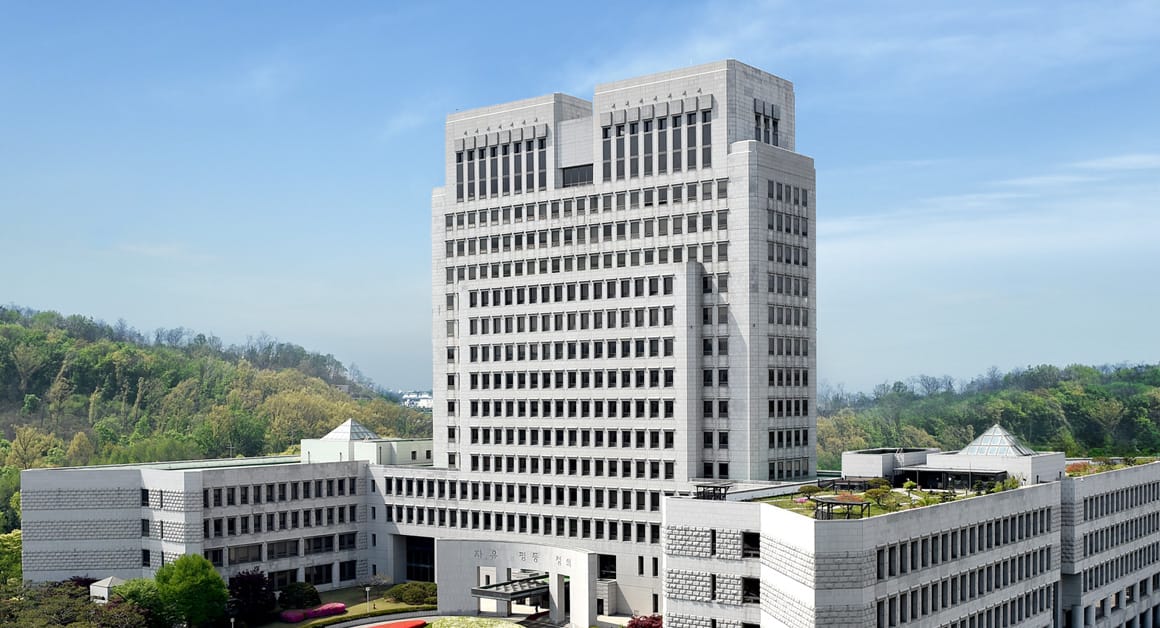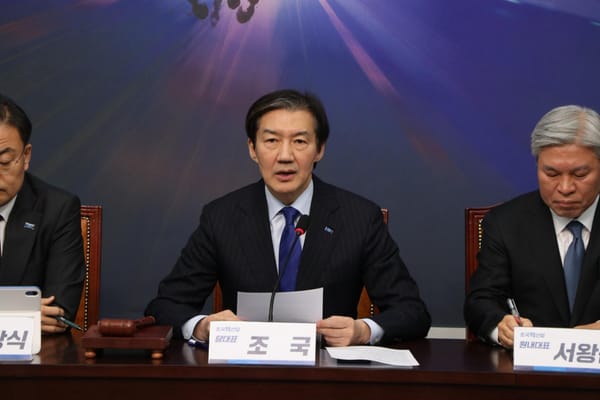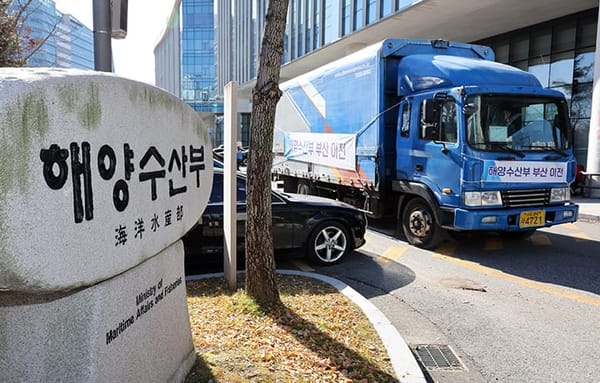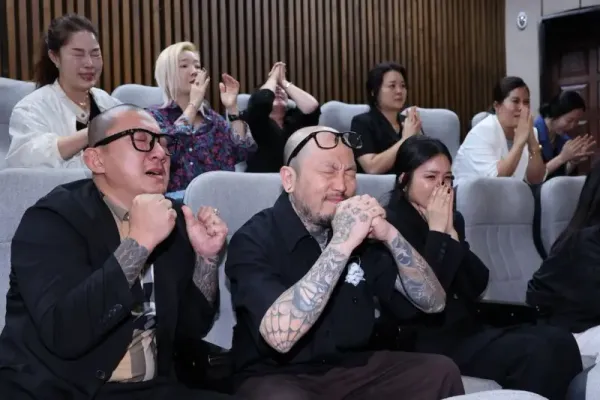Photo: Supreme Court. Credit: the Supreme Court of the Republic of Korea.
The polling blackout period is one of the interesting features of South Korean election law. Starting six days before an election, the Public Official Election Act 공직선거법 prohibits the publication of any opinion poll on political parties or candidates, in order to prevent the herding effect for voters. To circumvent this prohibition, some polling houses have resorted to cheeky work-arounds, such as polling the popularity of former presidents as a proxy for the upcoming election.
A recent Supreme Court 대법원 ruling seemingly approved this type of workaround by holding that the polling blackout applies only to actually conducted polls, rather than to predictions of election results. In a June 5 decision, the court overturned a lower court ruling in the case of campaign workers for a mayoral campaign in Gangneung, Gangwon-do Province 강원도 강릉 who posted a graph that purported to show “expected support” for their candidate during the polling blackout period. Although the lower courts held that the graph appeared to indicate results of a (prohibited) opinion poll, the Supreme Court overruled the lower courts by interpreting the prohibition more narrowly.








